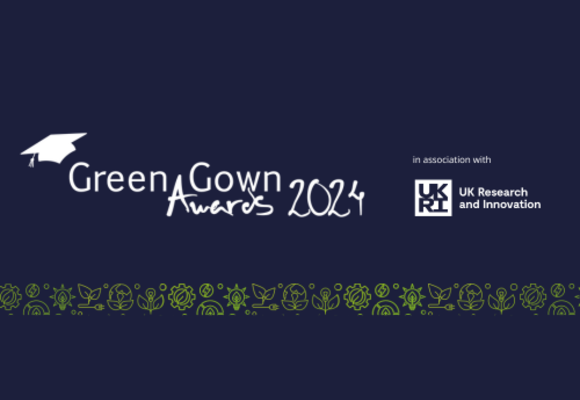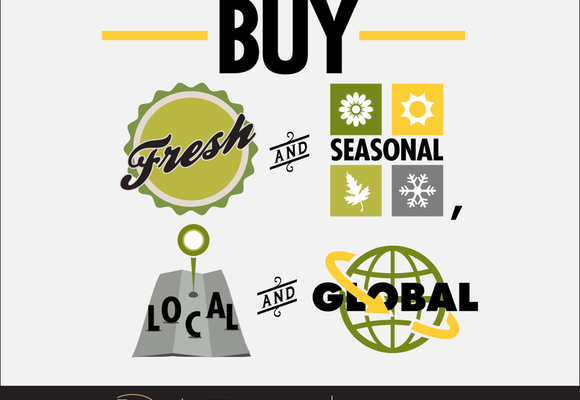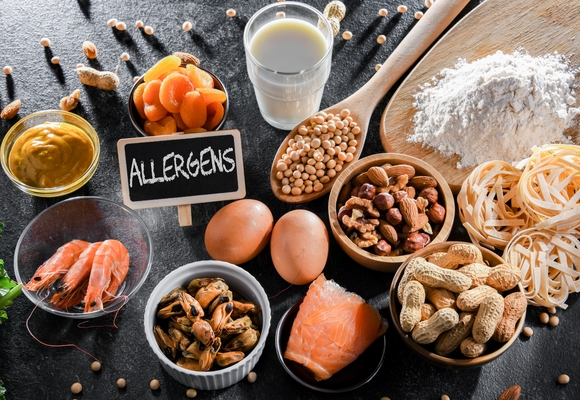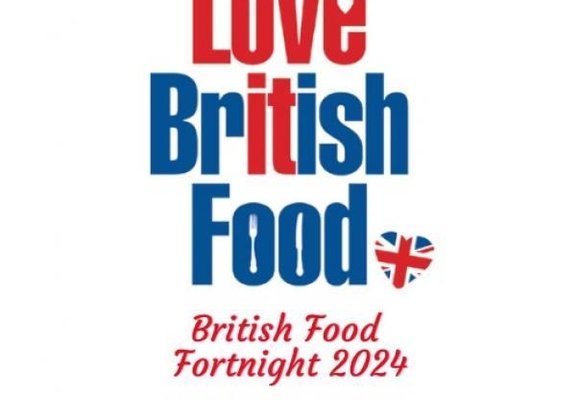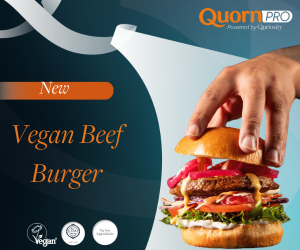Research conducted in June 2020 shows that although people have found ways to manage their food better, self-reported waste has increased by 30% compared to the early stages of lockdown.
While concerns about going to the shops and running out of food motivated people to waste less in April, those motivations are weakening with restrictions lifting. Combined with the added time pressures of some ‘normal’ life resuming, such as more people returning to places of work and some pupils returning to school in June, people’s commitment to wasting less food is waning.
To re-energise the nation to waste less, Love Food Hate Waste (WRAP’s citizen-facing brand) is launching a new campaign called ‘Keep Crushing It’. This will encourage people to keep up their pre-shop planning, smart storage, and creative cooking, as well as explaining the crucial impact this will have on the planet, as well as the cost of their food shop.
Whilst the research shows how effective Love Food Hate Waste can be in helping citizens, it cannot succeed without significant and sustained support from retailers, brands, local authorities and others. WRAP is encouraging all organisations involved in food and drink to help amplify this campaign and reach an even broader audience.
Behaviours and barriers
WRAP has conducted two phases of research during lockdown, measuring the impact of restrictions on our relationship with food. In the first phase in April, people reported adopting on average 6 behaviours to manage food better, and a self-reported reduction in wasted food compared to pre-lockdown levels.
The figures from June (in the new WRAP report ‘Food waste and Covid-19: Lockdown easing’) show that levels of wasted food have begun to rebound, with the average self-reported amount across four key products (bread, milk, potatoes and chicken) currently at 18%, up from 14% in April. However, the positive news is it remains significantly below pre-lockdown levels: in November 2019, people reported wasting an average of 24% of these items. Levels of reported food waste are notably higher among those who worked fewer hours during lockdown and have now returned their usual working pattern (62% classify as having higher levels of waste, compared to the national average of 27%). The same is true for those who worked from home or were furloughed during lockdown and have now returned to ‘normal’ (53% and 40%, respectively). Those with children who returned to school post-lockdown also report higher levels of food waste (58%).
Encouragingly, the new research shows an increase in how many behaviours people are utilising to manage their food better – an average of 7 per person. Furthermore, 70% of people want to maintain at least some of these behaviours once life returns to ‘normal’.
Pre-shop planning is the behaviour people can most easily see themselves continuing after lockdown, and it is one measure that will help those with time constraints. Of those who have been checking their cupboards, fridges, and freezers before visiting the shops, 3 in 5 said they will maintain these actions; over half of people who have been writing lists will continue to do so.
According to the research, WRAP’s Love Food Hate Waste messages have been essential in helping people try out new food management methods. People who saw the Food Storage A–Z, for example, adopted 12 good behaviours in lockdown, which is almost double the national average.
Peter Maddox, Director of WRAP UK, said:
“We’ve seen clearly how effective the Love Food Hate Waste messages and tools are – we need to reach more people to widen our impact. Our partners have a key role to play in amplifying the ‘Keep Crushing It’ campaign, whether they are from across the supply chain, local and national governments, or charities and not-for-profits. The more novel and innovative ways we find to engage with new audiences about this, the greater our chance of meeting the crucial target of halving wasted food by 2030.”
New Love Food Hate Waste campaign
Love Food Hate Waste is launching a campaign in August to help people see the benefit of their new behaviours.
‘Keep Crushing It’ (launching on Friday 7 August) will motivate people to maintain the activities they picked up in lockdown, from checking their fridge temperature and freezing more food, to making lists and taking shelfies. The campaign will champion simple, quick actions, proving that a busy lifestyle can still leave room for these essential waste-reducing behaviours.
While 81% of people reported being concerned about climate change, only 37% understand how wasted food contributes to it. ‘Keep Crushing It’ will highlight the effect that these food management actions will have in relation to the environment: for example, if the UK stopped wasting uneaten bread, the amount of CO2e saved each year would be equal to over half a million return flights from London to New York.
Helen White, Special Advisor for Household Food and Drink at WRAP, said:
“Wasting less food doesn’t have to be complicated or time-consuming. A quarter of people we surveyed don’t think they have time to actively waste less food, but it can be as simple as leaving the skin on when you make mash, or freezing more food before it passes the ‘use by’ date. Follow Love Food Hate Waste on Instagram to discover the small actions that add up to a big difference.”
